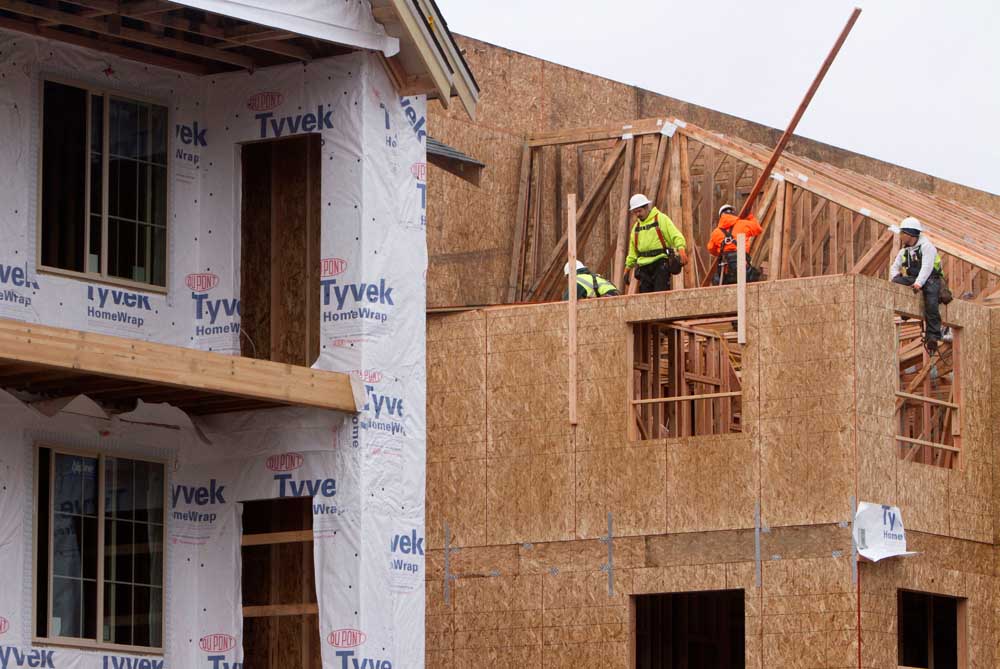Top Oregon, Washington, B.C. leaders converge in Portland to plot supercharged housing strategy
Published 8:42 am Monday, November 18, 2024

- In this January 2013 photo, construction continues on multifamily housing units in Hillsboro.
A bevy of top political, business and academic leaders across the Pacific Northwest will convene in Portland this week to promote efforts that they hope will dramatically accelerate housing creation in the region.
Organizers of the Cascadia Innovation Corridor initiative estimate that Oregon, Washington and British Columbia currently face a combined housing shortage of up to 1 million units over the next two decades, exacerbating a crisis that each is already struggling to tackle.
The group’s annual conference, which kicked off Monday at the Hilton Portland Downtown, seeks to establish a set of regional strategies aimed at closing that gap and making homes and apartments more affordable for residents.
Those include everything from permitting consolidation, which the city of Portland has recently undertaken, to increased financial incentives for developers and emerging technology that can help slash bureaucratic red tape.
One of the bolder proposals set to be discussed: widespread rezoning of commercial corridors, many of them underutilized, for mixed-use redevelopment.
“On housing, you can’t piecemeal your way to it,” said Christine Gregoire, the former Washington governor who now heads Challenge Seattle, a coalition of business and tech leaders.
Gregoire is also co-chair of Cascadia Innovation Corridor alongside Laura Jones of the Business Council of British Columbia.
“Good policy has been set in all three of jurisdictions, but it’s got to be comprehensive and we need something significant,” Gregoire said in an interview with The Oregonian. “We can’t get to where we need to be unless we all work together.”
The Cascadia initiative launched in 2016 to more firmly establish the Pacific Northwest as a megaregion focused on a set of common goals and interests.
In addition to promoting economic development strategies, the group has convened leaders in Oregon, Washington and British Columbia to advance proposals on creating a regional high-speed transportation system and combatting climate change.








